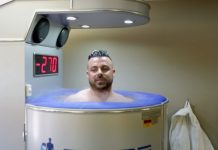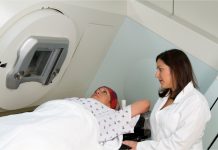There are many in the medical community who choose to reject alternative therapies, expressing skepticism or even scorn at their use.
This is either because they have an interest in perpetuating their own brand of medicine or because of personal belief.
 Whatever the reason, mainstream medical practitioners do tend to belittle alternative therapies labeling them “inefficacious” at best and even “dangerous” at worst.
Whatever the reason, mainstream medical practitioners do tend to belittle alternative therapies labeling them “inefficacious” at best and even “dangerous” at worst.
Doubts about alternative and complementary remedies are common, such as those expressed by Professor Stephen Clarke from the University of Sydney.
One argument against alternative therapies is that a significant proportion of those who do use these therapies hide this fact from their doctors.
This could be a reasonable charge, precisely because of the attitude that many doctors have towards anything that they don’t consider mainstream.
The other charge is that CAM (complementary and alternative medicine) is “big business” and that cancer patients spend about $30 billion out of pocket on complementary and alternative medicine.
In the case of cancer treatment in particular, doctors express the apprehension that the CAM therapy could have an adverse drug reaction that could cause problems such as increased drug toxicity or even therapeutic failure.
The example of an adverse reaction of a CAM therapy when used along with conventional cancer therapy is that of St John’s Wort – this herbal remedy is thought to have an adverse interaction with the cancer drug Glivec.
Part of the problem, is that doctors do not ask some of the pertinent questions about therapies that patients may be using – doctors should be asking some questions about any herbal supplements that a cancer sufferer may be using, or if they are taking any vitamin supplements and so forth.
However the many reasons why patients and medical practitioners alike choose to supplement their cancer therapy with CAM are many, which we examine in the next post.
















